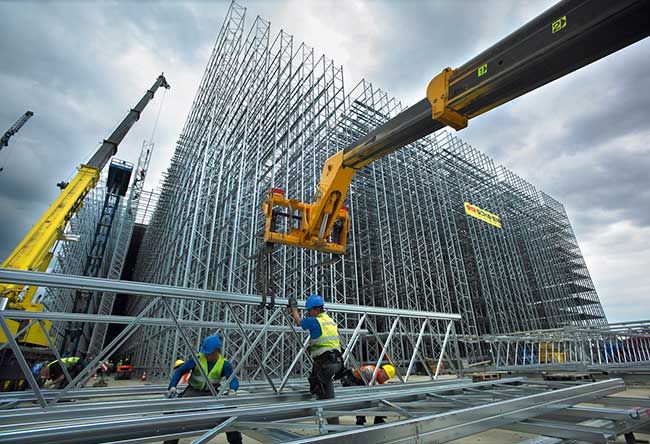3 Reasons to Consider Construction Factoring

The capital constraints that sub-contractors experience these days have become all too common, and they’re not expected to go away any time soon. According to this article written by Chris Sleight,
“Total US construction spending in the 12 months ending June came to $1.06 trillion, a 12% increase over a year ago according to the US Census Bureau. The Associated General Contractors of America (AGC) said it was the fastest growth rate since 2006.”
With average pay terms ranging from 60-90 days, it can seem impossible for subs to accept larger jobs and still make payroll, purchase materials, or cover any other job-related expenses. Fortunately, there is a solution. Contractor factoring has become a quick and affordable method of generating working capital. Following are just a handful of the many reasons to consider construction factoring:
1) Construction factoring eliminates extended payment terms:
By factoring your construction invoices, you are able to obtain payment for your receivables as soon as the job or benchmark has been completed. Simply send copies of the billing documentation to the factoring company, and within 24 hours or less they will deposit up to 85% of the gross invoice value into your bank account. These funds can be used for any business-related expense you can imagine. Then, as soon as the customer pays the invoice in full, the factoring company releases the remaining funds to you less a small factoring fee.
2) Invoice factoring allows you to bid on, and accept, larger jobs:
If you have been hesitating to bid on larger jobs due to the increased costs you would incur prior to payment, factoring changes everything. By receiving capital up front, you can now afford to pay employees with ease, purchase more materials, and cover all other job-related costs. With a bank loan, there is always a ceiling as to how much you can borrow. However, by selling your invoices, the sky is the limit. You are paid based upon the value of your receivables, not a pre-determined amount as is the case with a bank line of credit.
3) Factoring is not debt and is a great alternative to a bank line of credit:
Since factoring is technically a sale of your receivable to the factoring company, it is not considered a loan and does not appear on the balance sheet. This is extremely helpful to businesses that are not in a position to incur additional debt. Furthermore, if you have had trouble qualifying for a line of credit at the bank, factoring is very likely the perfect alternative. Construction factoring companies do not focus on your credit, but rather your customer’s credit, in order to make their decisions. Therefore, if you have past bankruptcies, tax liens, or other pre-existing issues, there is a strong chance you can still be approved to factor your invoices.
While there are dozens of reasons why construction factoring may be the right choice for your business, this post is only intended to highlight a few of the key items. If you would like to learn more, feel free to contact us at any time. We will be happy to further explain the programs and help you decide whether invoice factoring is the right solution for your business. In most cases, you can begin funding your receivables within a few days or less.

